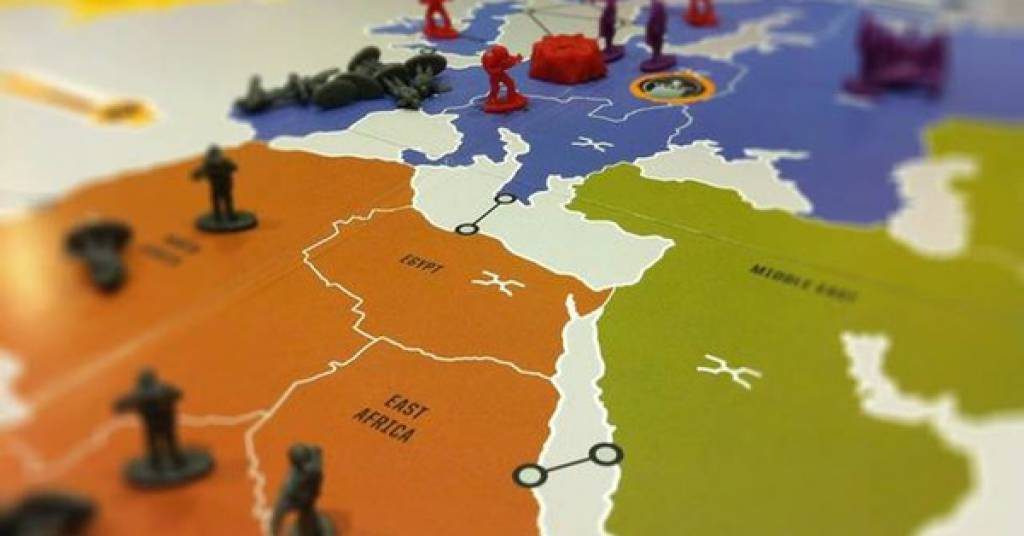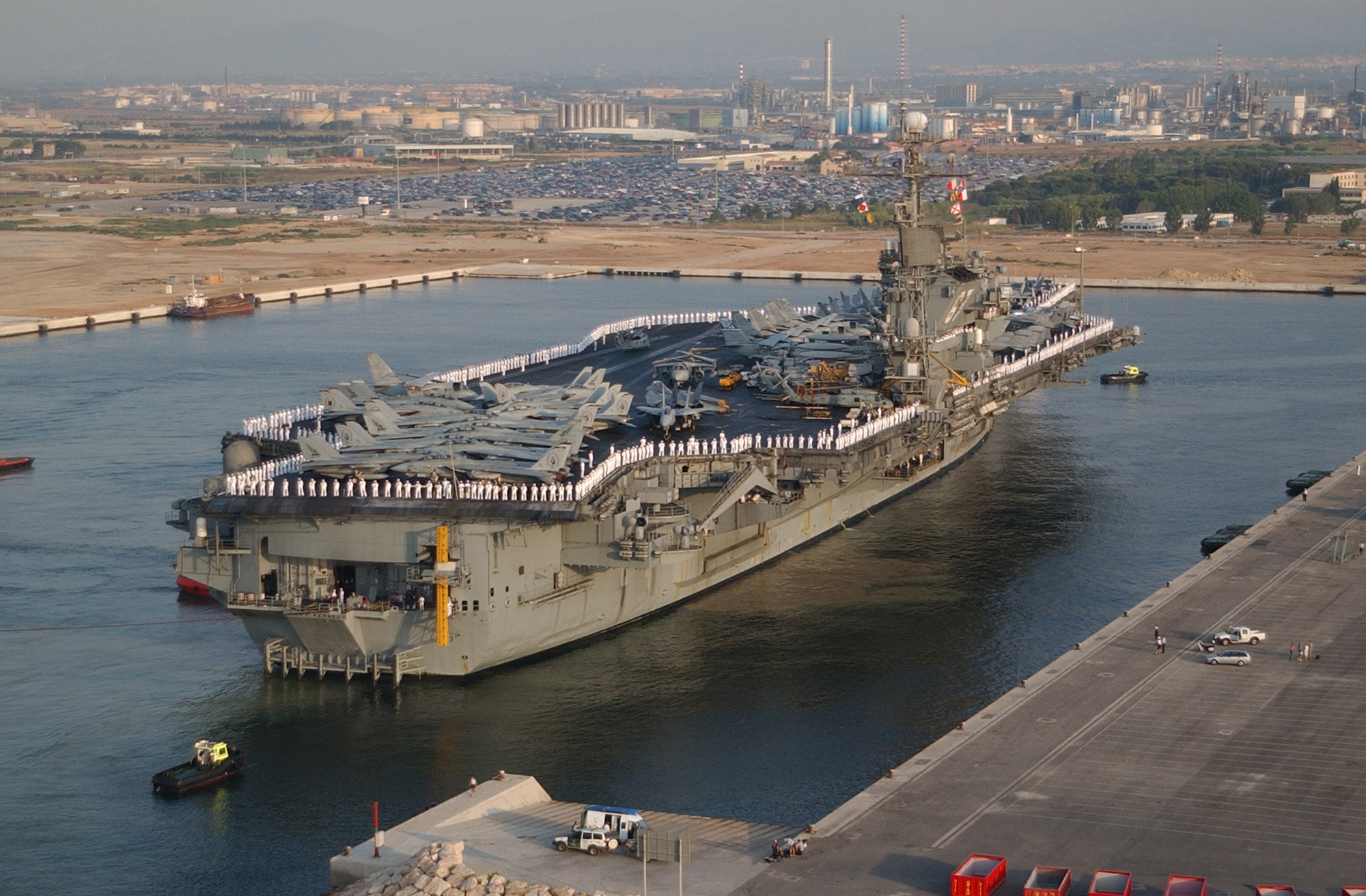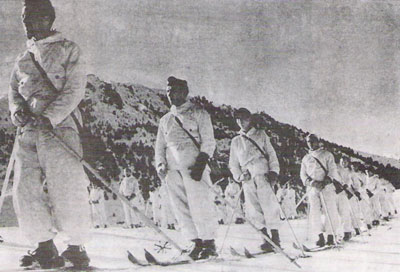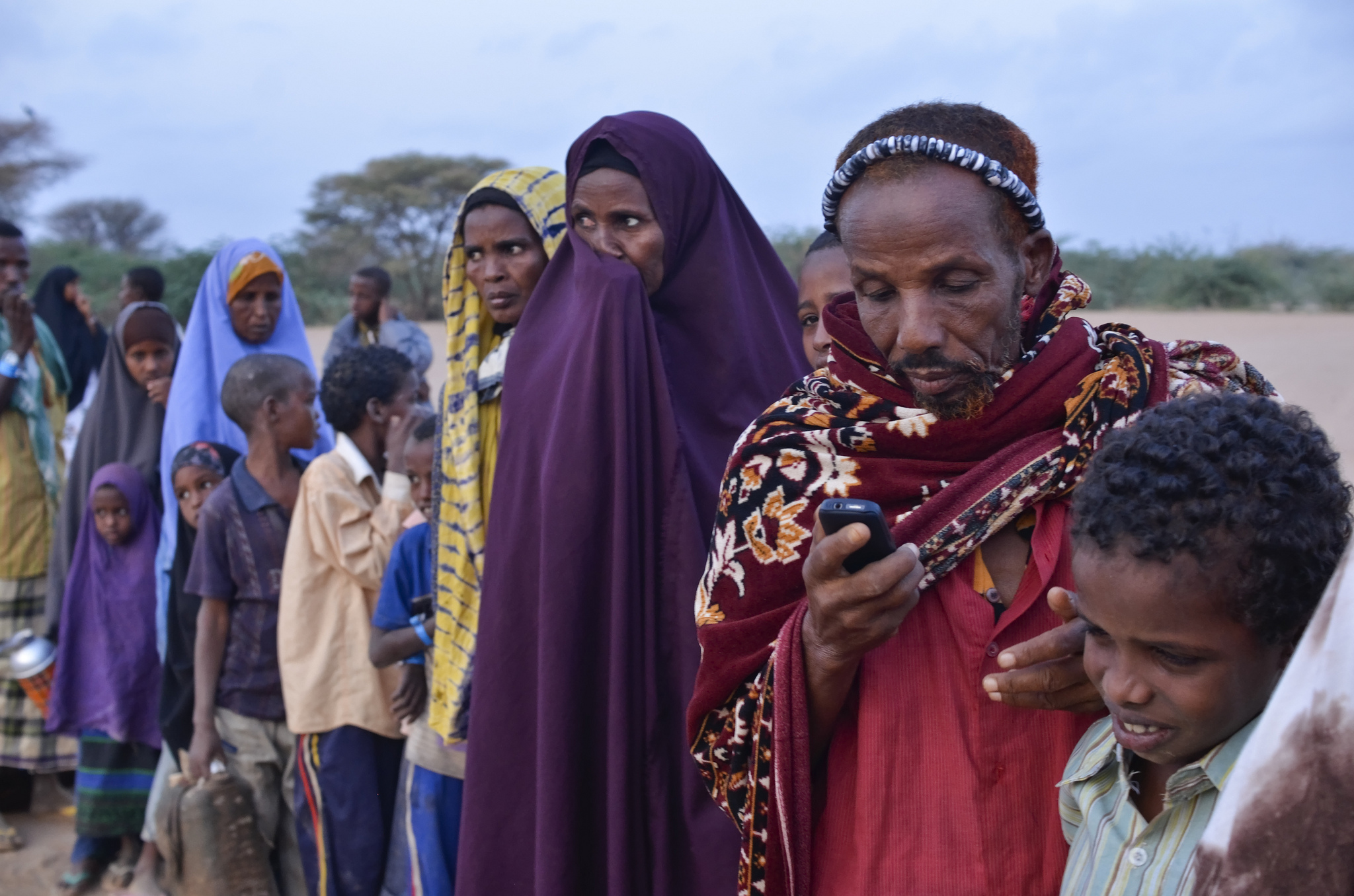By: John A. Pennell

In light of recent Western political developments—“Brexit,” Trump’s U.S. electoral victory, rise of populist and/or far-right movements across Europe—coupled with an assertive China, a resurgent Russia, bolder actions from Iran and North Korea, continued terrorist threats from ISIS and its affiliates, and an ongoing refugee crisis emanating from Africa and the Middle East, a number of experts have sounded the alarm regarding the implications of these developments for the cultural, economic, political, and security arrangements that have shaped the post-Second World War order and the role of “grand strategy” in the emerging world (dis-?)order.[1]
This series explores the impact of such trends on grand strategy in the specific country and regional contexts that include the U.S., Africa, East Asia, South Asia, and Mexico. Before offering a summary of the pieces in the series, we should first take a step back and define what we mean by “grand strategy.”
According to British strategist Liddell Hart, grand strategy is the ‘policy which guides the conduct of war’ and its role is to ‘co-ordinate and direct all of the resources of a nation, or band of nations, toward the attainment of the political object of the war—the goal defined by fundamental policy.’[2] In other words, grand strategy incorporates all instruments of national power—the diplomatic, informational, military, and economic (DIME)—into the conduct of war and maintenance of peace.
With the exception of combatting terrorist organizations, the countries and regions reviewed in this series are generally not at war with any other state.[3] Thus, for the purposes of this series, we will refer to grand strategy in terms of its role in guiding states in their pursuit of political (including foreign policy) objectives rather than strictly military objectives.
Most authors in this Strife series explore how a new Trump administration’s grand strategy or policy priorities may affect a particular country or region, while one author considers how the strategic culture in Mexico has failed to adapt to the evolving global order.
First, Brian Babb focuses on U.S. foreign policy under the incoming Trump administration. He argues that the new White House leadership would use an “America-first” foreign policy based on transactional deal-making. The implications, Babb claims, are that the U.S. would prioritize stability over the promotion of liberal values (e.g., democracy, human rights), be more willing to work with certain authoritarian regimes (e.g., Russia and Syria) and be less inclined to support security arrangements (e.g., NATO) or economic partnerships without a clear material benefit to the U.S.
In the second article, Andrea Fischetti examines the implications of a potential U.S. withdrawal from or a decreased presence in East Asia. He argues that the U.S.’ maintenance of security arrangements with its allies—Japan and South Korea—is critical during a time of increased territorial disputes between powers in the region, a nuclear North Korea, and Chinese aspirations for regional hegemony. Without a significant U.S. military presence in the region, Fischetti fears the long-standing East Asian security architecture would collapse resulting in U.S. partners falling into Beijing’s orbit.
In the third article, Jonata Anicetti explores how the new U.S. administration would deal with the South Asian nuclear powers of India and Pakistan. On the one hand, Anicetti describes Washington’s improving relations with India since the Clinton administration as part of an effort to counter China’s rise within Asia, and on the other hand, its deteriorating relations with Pakistan over the past several years. Nevertheless, in Anicetti’s view, President-elect Trump’s recent overtures to Pakistan offer hope that relations with Pakistan could potentially improve and lead to greater stability in South Asia.
Tony Manganello considers how the incoming Trump administration would view the U.S.’ security partnerships in Africa in the fourth article of the series. He argues that the U.S.’ ‘small footprint‘ approach to addressing key issues (e.g., counter-terrorism) across the African continent has been highly effective, in no small part due to the time-intensive cultivation of cooperative relationships with African governments and security forces. Taking a unilateral approach to fighting terrorism, including the use of conventional forces, Manganello warns, would not only undermine these relationships but likely prove to be unsuccessful.
The fifth piece in the series, authored by Alexis Herrera, takes a different approach. Herrera, rather than focusing on potential U.S. strategy towards Mexico, examines instead the grand strategy and strategic culture of Mexico as a “middle power.” In his view, Mexico’s strategic culture is found lacking due to an inability to prepare for the long run and a misunderstanding of the evolving global order. Examples of this include Mexico’s continued faith in the North American integration process and economic benefits of NAFTA, despite surging headwinds against those processes dating back to the 2008 recession amplified with recent political developments in the U.S. and elsewhere.
The pieces in this series offer important perspectives regarding the effects of potential shifts within the emerging global order on some select country- and regional contexts. While a number of the trends described in these pieces may raise significant concerns over global stability and the future of the so-called liberal world order, it is important to emphasize that many of these trends have yet to fully take shape. Thus, their potential impacts, positive or negative, are still open to debate. It is also necessary to remind ourselves that there’s often a significant gap between campaign rhetoric and actual policy formulation; key elections in France, Germany, and elsewhere have yet to take place; the conditions under which “Brexit” moves forward are still underway; and so forth. Still, the rising tide of populism and right-wing movements across the West, along with emerging powers who pose a challenge to the liberal international order, indicate the potential for significant change moving forward. To reiterate, this order is still evolving. Our current assumptions will very likely need adjustments as the economic, social, and political trends described earlier reach their conclusion.
Disclaimer: Please note that the views expressed in this document reflect the personal opinions of the author and are entirely the author’s own. They do not necessarily reflect the opinions of the U.S. Agency for International Development (USAID) or the United States Government. USAID is not responsible for the accuracy of any information supplied herein.
John A. Pennell is a Series Editor of StrifeBlog and a PhD candidate in the Defence Studies Department (DSD) within the School of Security Studies at King’s College London. Mr. Pennell is a Career Member of the U.S. Senior Foreign Service, currently serving in Kyiv, Ukraine. His prior assignments have included Afghanistan, East Africa, El Salvador, Indonesia, Iraq, and Uzbekistan. Mr. Pennell has an M.S. in National Security Strategy from the National Defense University/National War College (Washington, DC), an M.A. in Political Science from American University (Washington, DC), and a B.A. in Politics from The Catholic University of America (Washington, DC). You can follow him on Twitter @jpennell1970
Notes:
[1] Ian Buruma. November 29, 2016. “The End of the Anglo-American Order.” The New York Times Magazine. (http://www.nytimes.com/2016/11/29/magazine/the-end-of-the-anglo-american-order.html); The Economist.“Trump’s World: The New Nationalism.” November 19, 2016. (http://www.economist.com/news/leaders/21710249-his-call-put-america-first-donald-trump-latest-recruit-dangerous?fsrc=scn/tw/te/bl/ed/trumpsworldthenewnationalism); Peter Feaver. November 29, 2016. “A Grand Strategy Challenge Awaits Trump.” Foreign Policy. (http://foreignpolicy.com/2016/11/29/a-grand-strategy-challenge-awaits-trump/); Mike J. Mazarr. October 5, 2016. “The World Has Passed the Old Grand Strategies By.” War On the Rocks. (http://warontherocks.com/2016/10/the-world-has-passed-the-old-grand-strategies-by/); David Rothkopf. November 29, 2016. “Hitting the Reset Button on the International Order.” Foreign Policy. (http://foreignpolicy.com/2016/11/29/hitting-the-reset-button-on-international-order/).
[2] B.H. Liddell Hart. Strategy. Second Revised Edition. New York, NY: Fredrick A. Praeger Publishers, 1967. (accessed from http://www.classicsofstrategy.com/2016/01/liddell-hart-strategy-1954.html)
[3] Although the U.S. and its allies are actively fighting the so-called Islamic State in Iraq and the Levant (ISIL), I do not consider ISIL a state in the traditional sense. Rather, I consider it a terrorist organization.
Feature Image Credit: https://www.foreignaffairs.com/topics/war-military-strategy
In-article Image credit: http://img2.rnkr-static.com/list_img_v2/19293/1839293/full/war-board-games.jpg




